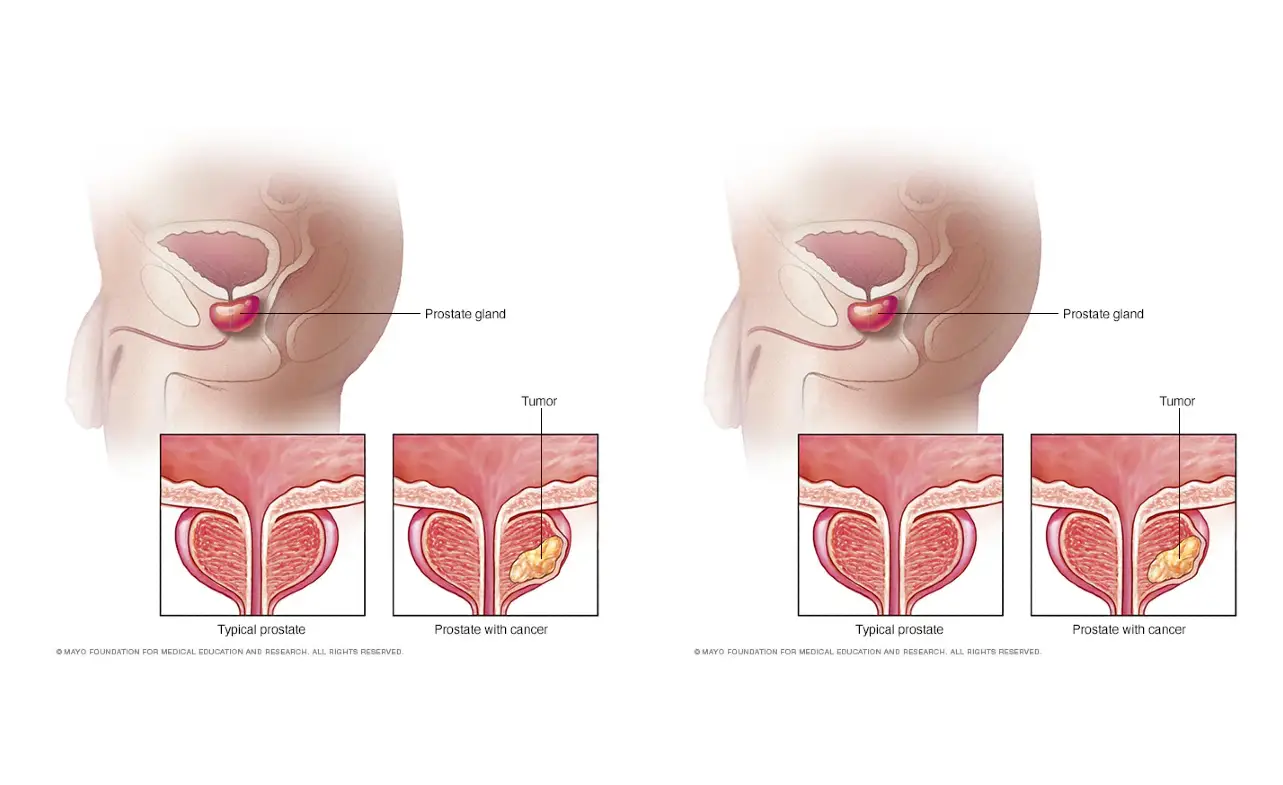When it comes to medical coding, precision is key. Whether you’re a healthcare professional, a medical coder, or someone navigating the complexities of medical records, understanding the correct ICD-10 code for a history of prostate cancer is crucial. But what exactly is the ICD-10 code for a history of prostate cancer, and why is it so important? In this article, we’ll dive deep into the topic, breaking down everything you need to know in a clear, engaging, and SEO-friendly manner.
Prostate cancer is one of the most common cancers among men, and its diagnosis and treatment often leave a lasting impact on a patient’s medical history. Properly documenting a history of prostate cancer ensures accurate medical records, streamlined billing processes, and effective patient care. So, let’s explore the ICD-10 code for a history of prostate cancer, its significance, and how it fits into the broader landscape of medical coding.
What is the ICD-10 Code for History of Prostate Cancer?
The ICD-10 code for a personal history of prostate cancer is Z85.46. This code falls under the category of “Personal history of malignant neoplasm,” specifically indicating a history of prostate cancer. But what does this code mean, and how is it used in medical documentation?
Breaking Down the Code
- Z85: This indicates a personal history of malignant neoplasms (cancers).
- .46: This specifies the site of the cancer, which in this case is the prostate.
This code is used when a patient has a history of prostate cancer but is no longer receiving treatment for the condition. It’s important to note that this code is not used for active prostate cancer or for screening purposes.
Why is the ICD-10 Code for History of Prostate Cancer Important?
Medical coding is the backbone of healthcare documentation. Accurate coding ensures that healthcare providers, insurance companies, and researchers have the information they need to make informed decisions. Here’s why the ICD-10 code for a history of prostate cancer matters:
- Accurate Medical Records: Proper coding ensures that a patient’s medical history is accurately documented, which is essential for ongoing care.
- Billing and Reimbursement: Insurance companies rely on ICD-10 codes to process claims. Using the correct code ensures that healthcare providers are reimbursed appropriately.
- Research and Statistics: Accurate coding contributes to reliable data, which is crucial for cancer research and public health initiatives.
How to Use the ICD-10 Code Z85.46
Using the ICD-10 code Z85.46 correctly is essential for maintaining accurate medical records. Here’s a step-by-step guide:
- Confirm the Diagnosis: Ensure that the patient has a documented history of prostate cancer and is not currently undergoing treatment.
- Document the Code: Use Z85.46 in the patient’s medical records to indicate a history of prostate cancer.
- Avoid Common Mistakes: Do not use this code for active cancer or for screening purposes. For active prostate cancer, the appropriate code would be from the C61 category.
Common Questions About the ICD-10 Code for History of Prostate Cancer
1. Can Z85.46 Be Used for Active Prostate Cancer?
No, Z85.46 is specifically for a history of prostate cancer. For active prostate cancer, the correct code is C61 (Malignant neoplasm of the prostate).
2. Is Z85.46 Used for Prostate Cancer Screening?
No, prostate cancer screening is documented using a different set of codes, such as Z12.5 (Encounter for screening for malignant neoplasm of the prostate).
3. What Other Codes Are Related to Prostate Cancer?
Here’s a quick reference table for related ICD-10 codes:
| ICD-10 Code | Description |
|---|---|
| Z85.46 | Personal history of malignant neoplasm of the prostate |
| C61 | Malignant neoplasm of the prostate |
| Z12.5 | Encounter for screening for malignant neoplasm of the prostate |
| D07.5 | Carcinoma in situ of the prostate |
The Role of ICD-10 Codes in Prostate Cancer Care
ICD-10 codes play a vital role in the healthcare system, especially when it comes to conditions like prostate cancer. These codes help healthcare providers track patient outcomes, monitor treatment effectiveness, and identify trends in cancer care. For patients, accurate coding ensures that their medical history is complete, which is essential for receiving appropriate care.
Tips for Healthcare Providers and Coders
- Stay Updated: ICD-10 codes are periodically updated. Make sure you’re using the most current version of the code set.
- Double-Check Documentation: Always verify the patient’s medical history before assigning a code.
- Use Resources: Utilize coding manuals and online resources to ensure accuracy.
Conclusion
Understanding the ICD-10 code for a history of prostate cancer (Z85.46) is essential for accurate medical documentation, billing, and research. This code ensures that a patient’s history of prostate cancer is properly recorded, which is crucial for ongoing care and treatment. By using the correct code, healthcare providers can streamline processes, improve patient outcomes, and contribute to valuable cancer research.
